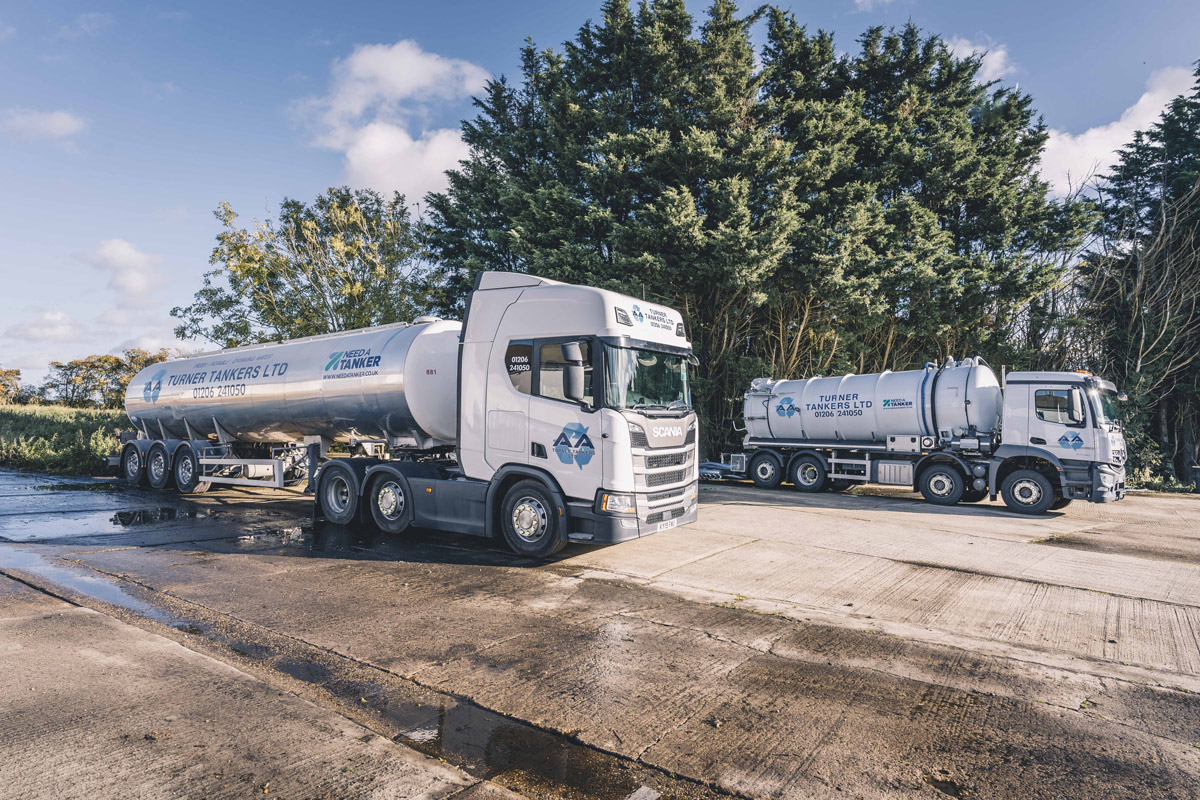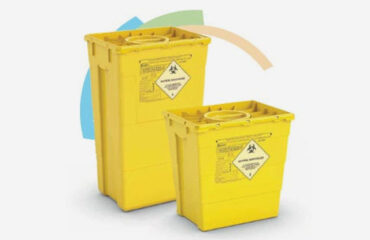The Greatest Guide To Reclaim Waste
More About Reclaim Waste
Table of ContentsGetting My Reclaim Waste To WorkThe Main Principles Of Reclaim Waste Reclaim Waste - The FactsThe 10-Minute Rule for Reclaim WasteReclaim Waste Things To Know Before You Buy
Explore the types, occurrences, and kinds of liquid waste. Residential sewage waste refers to the waste and items from a household sewage-disposal tank. This sort of waste is produced by humans in residences, colleges, and various other structures. This only consists of sewage-disposal tanks that have a drainpipe area. The correct monitoring and disposal of residential sewer waste need liquid waste to be moved to a sewer therapy plant where the correct approaches and tools are related to cleanse and deal with waste.
Industrial waste often includes prospective dangers, such as flammable products or a mix of fluid and strong waste products, and requires an advanced and in-depth disposal process. The disposal of commercial waste generally entails the filtration of waste before transportation to make sure risk-free and correct disposal. Hazardous waste is developed from results and runoff of industrial procedures and production.
This kind of waste can not use the same sewer administration transportation or procedures as septic or business fluids. The commercial waste monitoring procedure requires the assessment and screening of liquid waste prior to it goes through the disposal process (industrial wastewater treatment). Runoff waste is the fluid waste that comes from overflow and excess stormwater in very populated locations or cities
Drainage waste can cause contamination and flooding if not handled correctly. Making certain correct waste monitoring can protect against catastrophes and lower ecological damage.
A Biased View of Reclaim Waste
Contact PROS Solutions today to find out about our waste management and disposal solutions and the correct means to take care of the liquid waste you create.
(https://reclaimwaste1.weebly.com/)Do you understand what occurs to your water when you pull the plug, flush the commode or drain the washing machine? No? Well, it deserves understanding. This supposed 'wastewater' is not only a vital source yet, after treatment, will certainly be launched to our land, waterways or the ocean. Made use of water from bathrooms, showers, bathrooms, kitchen area sinks, laundries and industrial processes is referred to as wastewater.

water made use of to cool down equipment or clean plant and equipment). Stormwater, a type of wastewater, is runoff that moves from agricultural and city areas such as roofings, parks, gardens, roadways, courses and seamless gutters into stormwater drains pipes, after rain. Stormwater flows unattended directly to neighborhood creeks or rivers, eventually getting to the ocean.
The Buzz on Reclaim Waste
In Queensland, many wastewater is dealt with at sewer therapy plants. Wastewater is moved from residential or industrial websites via a system of sewage systems and pump terminals, referred to as sewerage reticulation, to a sewer treatment plant. City governments develop, keep and run most sewage treatment plants. Operators are accredited under the Environmental Management Act 1994 to release cured wastewater at an acceptable ecological requirement into waterways.
The Department of Natural Resources suggests city governments regarding handling, operating and preserving sewerage systems and therapy plants. In unsewered locations, city governments might need homeowners to install specific or family sewage treatment systems to deal with domestic wastewater from commodes, cooking areas, shower rooms and washings. The Division of Natural Resources authorises making use of household systems when they are shown to be effective.
Most stormwater gets no therapy. In some brand-new communities, therapy of some stormwater to remove clutter, sand and crushed rock has actually begun making use of gross contaminant catches. Wastewater treatment occurs in 4 phases: Eliminates strong issue. Larger solids, such as plastics and other items mistakenly released to sewage systems, are removed when wastewater is passed via screens.
Makes use of little living organisms understands as micro-organisms to website here break down and eliminate continuing to be liquified wastes and fine fragments. Micro-organisms and wastes are included in the sludge.
Excitement About Reclaim Waste
Nutrient removal is not available in any way sewer therapy plants because it needs expensive specialised tools. It is becoming much more usual in Queensland. Clear liquid effluent created after therapy may still include disease-causing micro-organisms. If this effluent is released into waterways such as rivers or the sea, the micro-organisms will eventually pass away out.

This normally means wastewater needs to be treated or pollutants gotten rid of prior to it can be discharged to waterways. A lot of wastewater streams into the sewerage system. Under the Act, city governments administer authorizations and licences for ecologically pertinent tasks (Ages) entailing wastewater releases that might have a regional impact. The department carries out authorizations and permits to Periods including wastewater releases that might have a local or statewide effect.
The Only Guide to Reclaim Waste
Otherwise, samples are considered laboratory evaluation. Often several examinations are needed to establish the levels of each of the different pollutants such as oils, hefty metals and chemicals in water. Tracking gives accurate details concerning water quality and can validate that permit problems are being met. The info acquired through surveillance gives the basis for making water quality decisions.